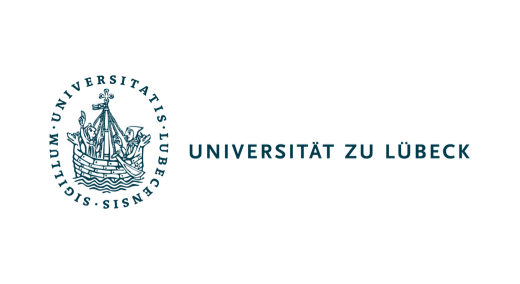Training in molecular cloning at the University of Lübeck

An experience report by Aya Mahdy, doctoral researcher at the Institute of Clinical Molecular Biology
I am currently working on phage immunoprecipitation sequencing’ (PhIP-Seq) for high-throughput immunological fingerprinting in inflammatory bowel diseases to develop a better understanding of the disease pathology and aetiology. This would help us in developing new therapeutic and prognostic capabilities. PhIP relies on genetically engineering bacteriophages to express peptides of interest on their surfaces. Thus, molecular cloning is a core component of the protocol. To improve my cloning skills, I visited Prof. Rupp’s group for two weeks under the supervision of Dr. Shima. During my visit, I digested the plasmid/vector and inserted it using restriction enzymes. Afterward, the insert was cleaned through electrophoresis using lambda HindIII ladder and subsequently, the target band was cut, and then the DNA was purified from the Gel Slices to measure the concentration. Lastly, the insert was ligated to the plasmid/vector using a molar ratio of 1:3. As I am Biotechnologist this training is great to help my project as I will be cloning a peptide library into T7 phages. I really am thankful for the support of miTarget and for all the amazing scientists at Prof. Rupp’s group who helped me there.

